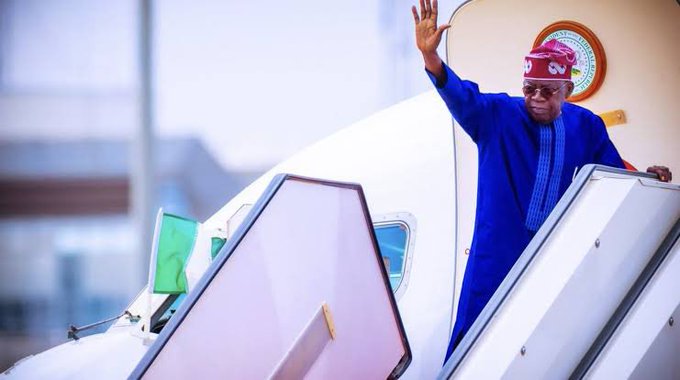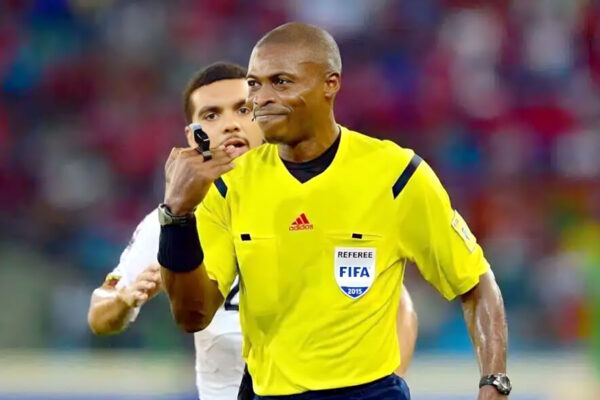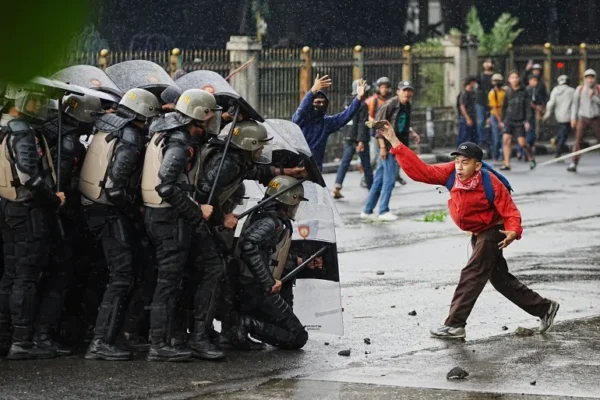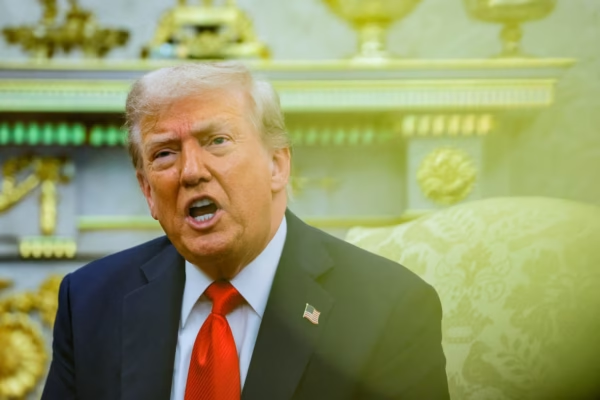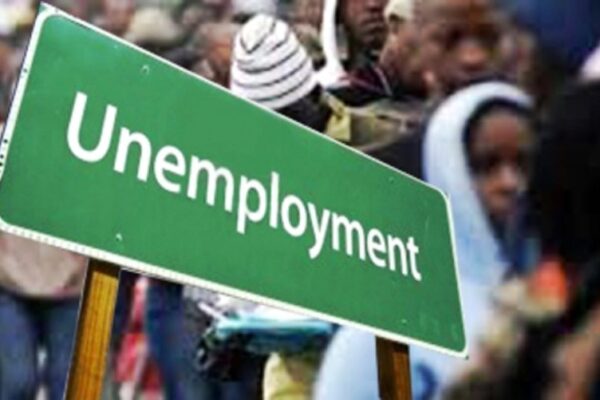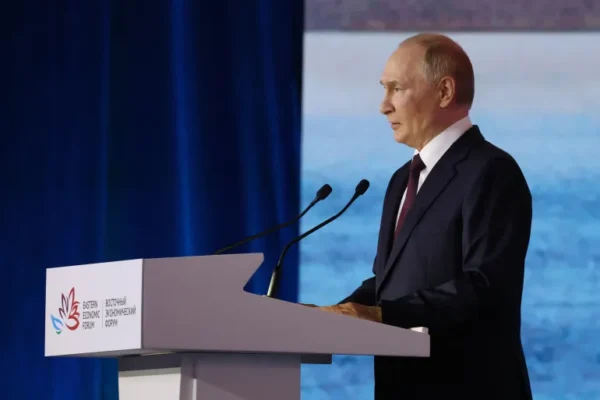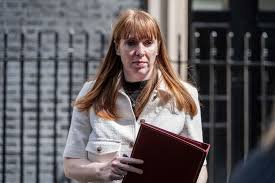
Angela Rayner Resigns After Admitting Stamp Duty Underpayment
Angela Rayner has resigned as Deputy Prime Minister, Housing Secretary, and Deputy Leader of the Labour Party after admitting she underpaid stamp duty on a second home purchase. Earlier this week, Rayner acknowledged in an interview with Sky News’ Beth Rigby that she had not paid the higher rate of stamp duty on a property in Hove, East Sussex, bought earlier this year. The property should have been classified as a second home, which would have incurred a higher tax rate. Following public scrutiny and her own referral to the prime minister’s ethics adviser, Sir Laurie Magnus, she was found to have breached the ministerial code. Sir Laurie acknowledged Rayner had acted with integrity and dedication to public service, but criticised her for not seeking appropriate tax advice sooner and only correcting the issue after intense media coverage. Rayner stated in her resignation letter to Prime Minister Sir Keir Starmer that the ongoing strain had become unbearable for her and her children. She expressed deep regret for not pursuing specialist legal advice earlier and stressed that she had never intended to underpay. She described serving as Deputy Prime Minister as the honour of her life and reflected on her working-class roots, saying: “For a teenage mum from a council estate in Stockport to serve at the highest level of government has been the honour of my life.” Rayner’s decision to step down has triggered a cabinet reshuffle. Chancellor Rachel Reeves is the only minister whose role is confirmed to be secure. Starmer responded to her resignation with a handwritten letter, saying he was “very sad” about her departure and described her as a “trusted colleague and true friend,” adding: “Even though you won’t be part of the government, you will remain a major figure in our party.” Timeline of Events: Rayner explained that a trust was created in 2020 for her disabled son, to hold the family home after an NHS compensation settlement. When she bought the Hove flat, she believed the trust’s ownership of the former family home exempted her from second-home tax liability. Legal advice later concluded otherwise. Political Fallout: The resignation sparked immediate reactions across the political spectrum. Conservative Party leader Kemi Badenoch accused Sir Keir Starmer of weak leadership, stating that Rayner’s position had been “untenable for days” and that she should have been sacked earlier. Reform UK leader Nigel Farage said the underpayment “screams entitlement” and accused Labour of failing to live up to its promise of delivering a new kind of politics. He predicted that the race to replace Rayner as deputy leader would reveal deep ideological divisions within Labour. Rayner’s departure follows other recent resignations within the Labour cabinet, including Transport Secretary Louise Haigh, Anti-Corruption Minister Tulip Siddiq, and Homelessness Minister Rushanara Ali. Meanwhile, the South Korean government, responding to separate issues concerning immigration enforcement, also made a statement today regarding Korean nationals detained in the U.S. — highlighting the breadth of international and domestic political turbulence currently facing the Labour administration.

